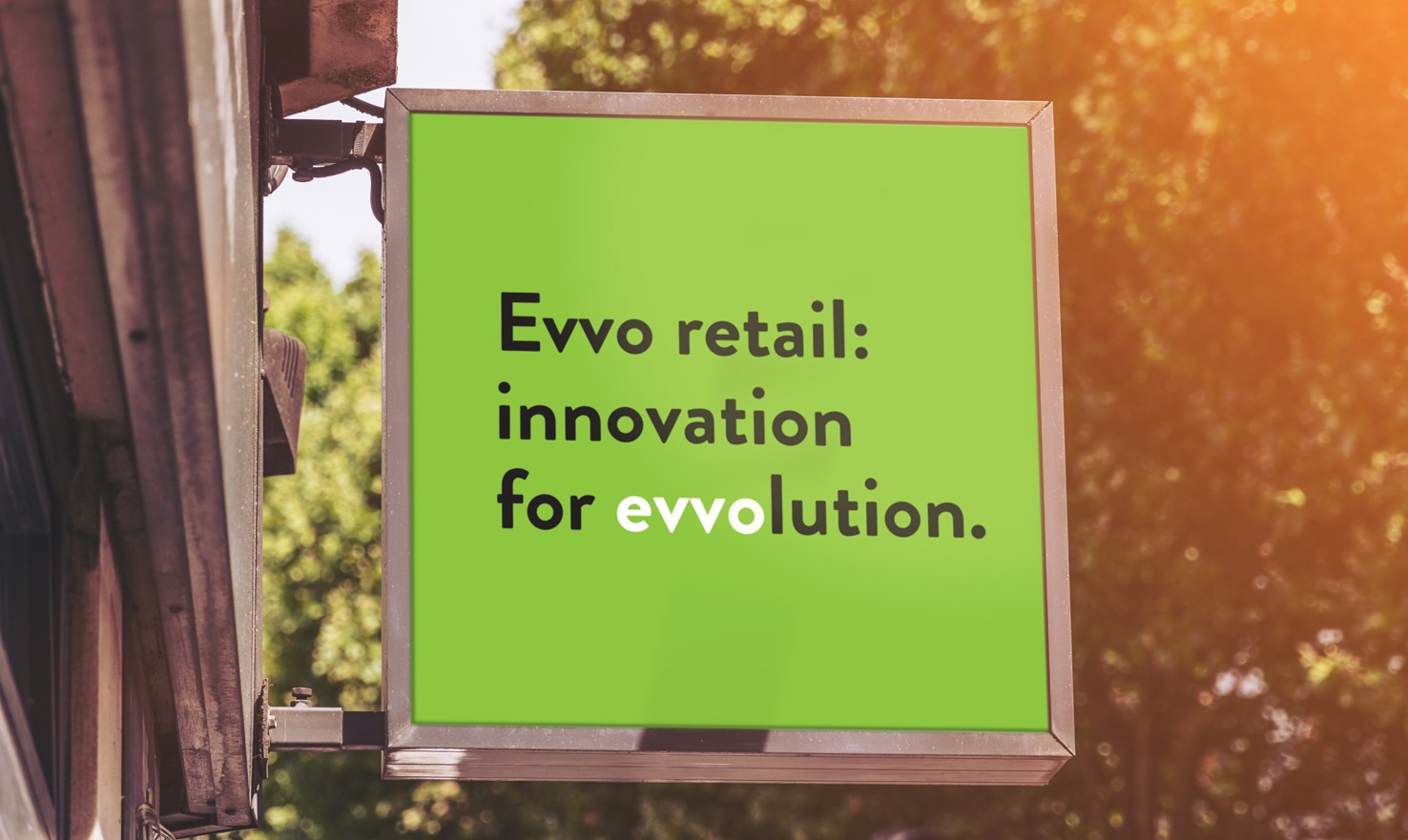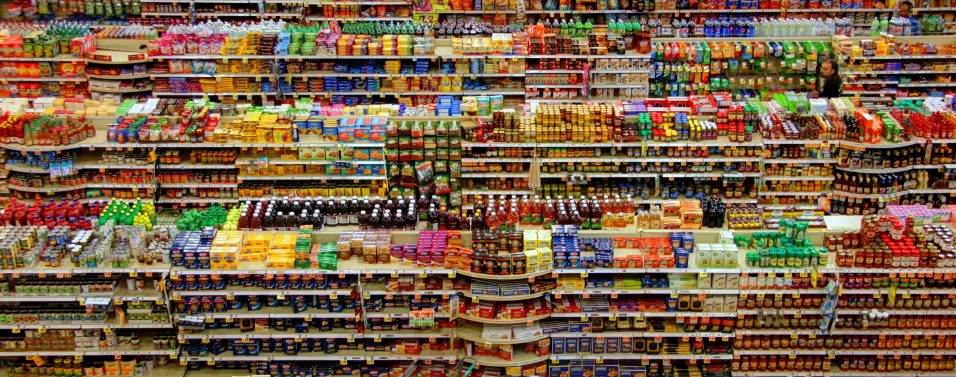

In 2020, at Evvo Retail we conducted our first study on the accumulation of food at points of sale. An analysis carried out at the local level that allows us to extrapolate the data to other areas and draw thought-provoking conclusions at a time when, among other issues, the overexploitation of natural resources for large-scale food production, the uncontrolled use of water, or the deforestation of the planet’s big green reserves are becoming particularly relevant.
Environmental imbalances caused by abuses and lack of respect for nature and the planet can have consequences similar to the COVID-19 pandemic, which we must be aware of.
At our consulting firm, we wanted to invite you to reflect on the development of the supermarket of the future, which is to be more sustainable, efficient, environmentally friendly, responsible and customer-oriented.
To carry out this study, a model was used with a product that is a permanent fixture in supermarkets, that is, packaged cereals – easily applicable to other foods that are permanently in stock. The city of Igualada was chosen, with about 40,000 inhabitants, and the number of boxes of cereal were counted that were available in some thirty establishments classified as part of the “everyday self-service sector”.
In total, out of the 19,000 m2 total sales area, there were 15,105 boxes available in stock. This meant 6 tonnes of cereal always available.
Extrapolating the data to the entire Catalan area, if we take into account that there are about 3,800 supermarkets, hypermarkets and convenience stores (data from 2017), this would mean that 2,025,535 boxes of cereal are permanently in stock throughout Catalonia, with a total weight of 810 Tm.
The close to 30 supermarkets in an average city in Catalonia have a permanent stock of more than 6 tonnes of cereal, packed in 15,000 boxes.
In this study, we should add food waste, which is aggravated by this oversupply of goods, as well as the large volume of other waste that is generated.
Taking into account the growing social awareness and consumer demands regarding these factors that are viewed as negative, the supermarkets of the future should thoroughly analyse this distribution model, opting for mixed models that provide for a strengthening of online sales, scheduled shopping, etc.
Pep Valls, Head of Evvo Retail, ventures that “just how other retail models that previously functioned as warehouses have learned how to evolve, supermarkets will also do the same; we are already beginning to see timid but promising initiatives and movements.” In this regard, he assures that “aspects such as the population’s growing awareness of sustainability, social awareness and collective responsibility, or the entry of new technologies in all aspects of our lives, will most likely lead to a new model.”
Sant Domènec, 16
08700 Igualada – BARCELONA
T. +34 93 803 77 92
info@evvoretail.com
www.evvoretail.com
© evvo – All right reserved.
| Cookie | Duration | Description |
|---|---|---|
| cookielawinfo-checkbox-analytics | This cookie is set by GDPR Cookie Consent plugin. The cookie is used to store the user consent for the cookies in the category "Analytics". | |
| cookielawinfo-checkbox-functional | The cookie is set by GDPR cookie consent to record the user consent for the cookies in the category "Functional". | |
| cookielawinfo-checkbox-necessary | This cookie is set by GDPR Cookie Consent plugin. The cookies is used to store the user consent for the cookies in the category "Necessary". | |
| cookielawinfo-checkbox-others | This cookie is set by GDPR Cookie Consent plugin. The cookie is used to store the user consent for the cookies in the category "Other. | |
| cookielawinfo-checkbox-performance | This cookie is set by GDPR Cookie Consent plugin. The cookie is used to store the user consent for the cookies in the category "Performance". | |
| viewed_cookie_policy | The cookie is set by the GDPR Cookie Consent plugin and is used to store whether or not user has consented to the use of cookies. It does not store any personal data. |